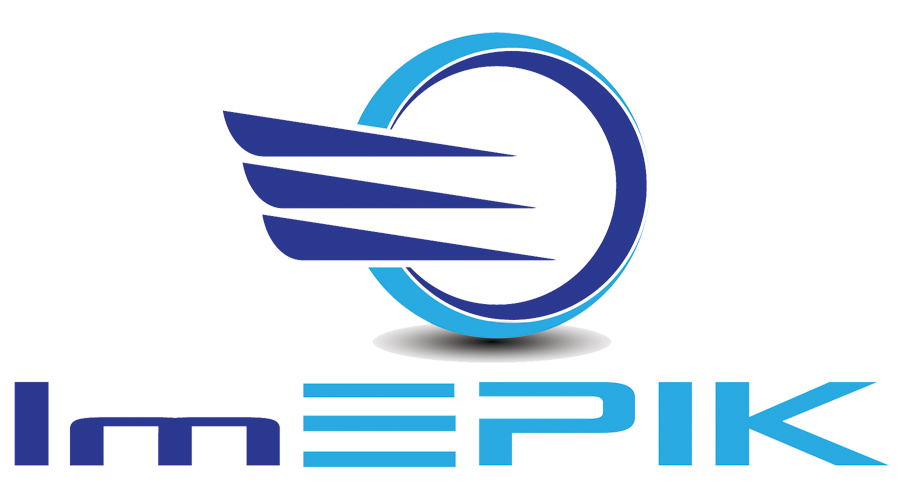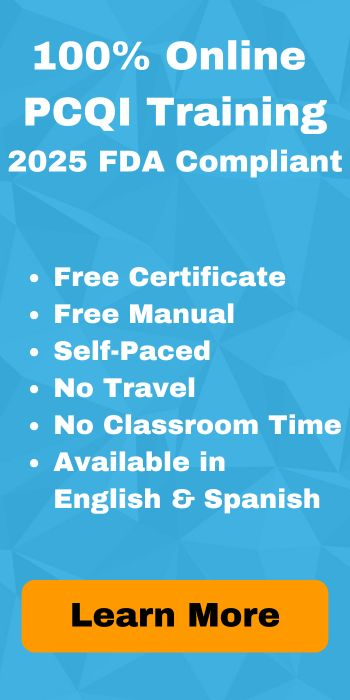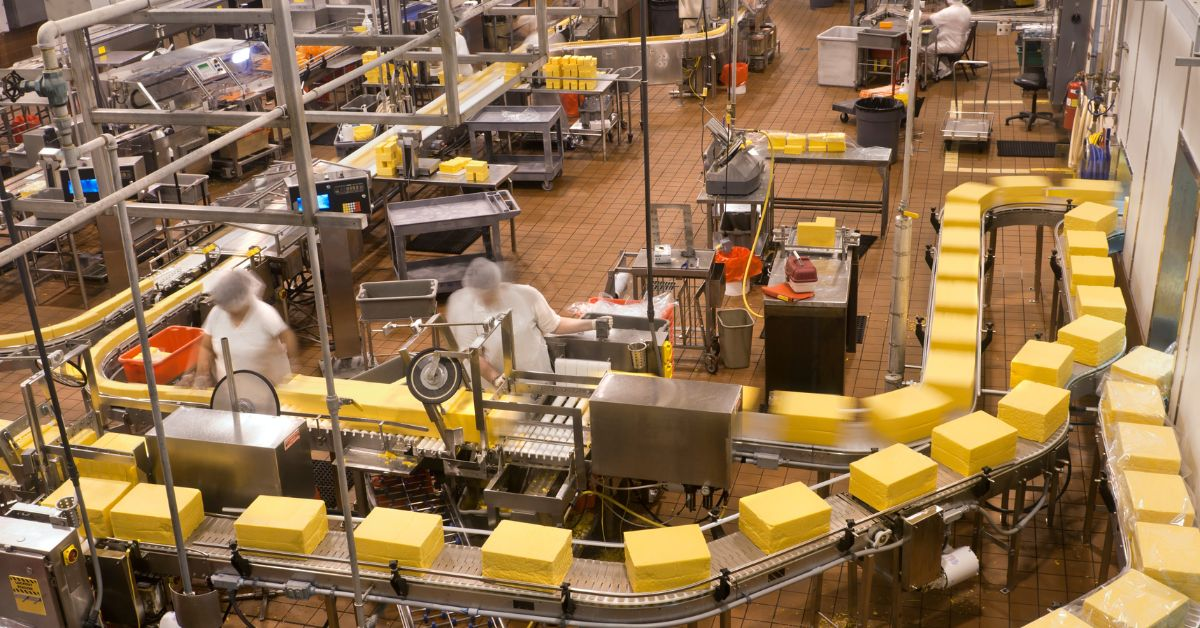In January of 2019, the Safe Food for Canadians Regulations (SFCR) came into effect. This comprehensive set of regulations applies to all imported, exported, or inter-provincially traded food products, generally applicable to food for human consumption. The SFCR is a complex framework which was enacted in particular to focus on keeping food safe in making it to market and prevention of unsafe food incidents.
The Safe Food for Canadians Regulations (SFCR) are designed to improve the consistency of food safety rules while reducing the administrative load for companies. Businesses that produce food must comply with the regulations to prevent enforcement actions, but more importantly, to ensure the safety of their products.
The new SFCR is similar to the United States’ Food Safety Modernization Act (FSMA). Companies working in both countries may already have frameworks in place in order to achieve compliance standards.
HOW TO COMPLY WITH SFCR
Food producing businesses are required to meet these three expectations:
1. Licensing
A new SFC license must be obtained online from the Canadian Food Inspection Agency. Businesses may require multiple licenses for different food operations including importing, manufacturing, processing, treating or packaging food.
2. Preventive Control Plan (PCP)
Food manufacturers must write a Preventive Control Plan (PCP) in order to remain in compliance with SFCR. This is a document that outlines the food safety protocols your business has in place. Inspectors will review it when they perform audits of the business, to ensure that the plan is sufficient and being met.
3. Traceability
Businesses must provide documentation for their products one step back and one step forward in their supply chain. In other words, they must be able to trace where the food came from and where it is going. This allows for transparency and improved efficiency when needed for food safety investigations and recalls.
WHEN DO FOOD MANUFACTURING BUSINESSES NEED TO COMPLY?
Most food businesses were required to comply with the SCFR by January 15, 2019. However, there were extensions granted for businesses with fewer than four employees, depending on the amount of gross annual sales.
ARE THERE EXEMPTIONS TO SFCR?
To reduce the burden on small food-related businesses, those that make less than $100,000 in sales per year are exempt from writing a PCP for Safe Food for Canadian Regulations. Despite not potentially having a full-time food safety employee or formal PCP, they still must nonetheless always have Preventive Controls in place.
HOW ImEPIK CAN HELP
ImEPIK is a research-based online training company that can help ensure your business is equipped to be compliant with SCFR and enact best practices for food safety.
Because our effective training program is entirely online, it’s cost-efficient and easy to work into your schedule. Learning through our course is interactive, with project-based activities to maximize engagement and understanding. We are able to adapt to learning challenges such as vision or hearing impairments. The training program serves as an ongoing resource and includes opportunities to practice or to review the information as needed. We also provide certificates of completion for you to demonstrate your completion of the online SFCR training course. Most of all, competency-based assessment ensures that employees are fully equipped to work in food safety, to protect both consumers and businesses.
For more information on how ImEPIK can help you or your teams meet SFCR or other food safety requirements, contact us today.







